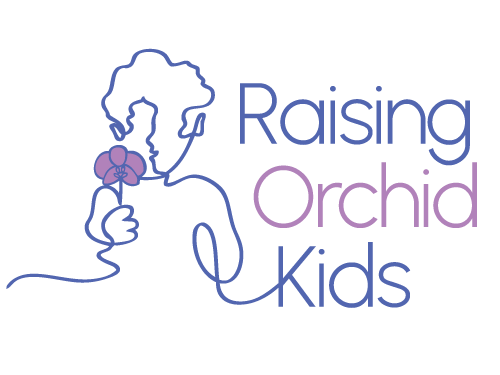A family I met recently was in the process of gathering information from a few different speech therapists about what might be going on with their toddler, who is a Late Talker and isn’t speaking yet, and how to treat it.
After they described to me what the other practitioners had said, and after I had observed their kiddo, I paused before giving my impressions to say this:
There’s not any one “right” way to treat speech and language delays and disorders. There’s not one right way to “do speech”.
And then I proceeded to give them my take on their son. Which turned out to be kind of a third way of thinking about things.
It’s not that the other therapists are wrong, and that I’m right.
It’s just that we can’t inside of brains, and so we only know what we can see in the form of observable behaviors.
Many of the families who come to us have kiddos who seem to be developing as expected. They might have little “glitches” in their developmental history: sensitivity to formula or other food allergies, eczema, late walking, torticollis, difficulty with latching as an infant, lots of meltdowns or tantrums, a hard time sleeping through the night.
But mostly they are developing “fine”.
Except they’re not talking.
Why are they not talking yet?
The initial part of the diagnostic journey can be challenging for many parents. We want there to be a definitive answer that explains What Is Going On with our child.
But, even a “firm” diagnosis (like Autism or apraxia, to name a couple) will only get you so far in terms of what to DO about it. Kids are different. Kids respond differently to different people, different situations, different tasks, and different techniques.
Part of the reason there are so many different types of treatment in the world is because many of them work (some of the time for some of the people!).
But there’s no one right way to do it. The trick is to find the way that fits your child and your family.
Here’s how to find the “right” speech therapist for your child:
- Ensure that they are licensed in the state in which you live. Speech therapists, as a group, have high rates of compliance with licensure requirements, but it never hurts to check through your local health department.
- Ask them if they have experience with kids who look and sound like yours.
- Go with your gut! If you meet someone who is highly qualified and you don’t like the way they treat you or your child, go elsewhere! Do not fight that feeling. You need to trust this person implicitly with your child’s well-being; not just with their talking.
If you still have questions, we are happy to talk to you. Reach out anytime!

